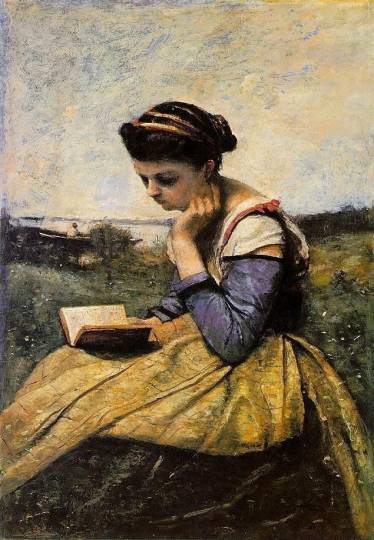As we read To Kill a Mockingbird we will be focusing on how the author, Harper Lee, creates vivid characters through both direct and indirect characterization. Characters are created by both what the author directly tells us about them as well as by what they do, say, think, look like, and what other characters say or act around them.
Think about your best friend and the things that make him/her unique. Write a paragraph of indirect characterization - details about his/her physical appearance, things he/she does, opinions or thoughts, things he/she says, or how other people perceive him/her. Write about things that show his/her personality.
Then write a paragraph of direct chacterization - tell specifically what type of person he/she is. This paragraph should be a reflection of the previous - for example I might write that my best friend built her own bed and doesn't own a t.v. in the first paragraph and then write that she is creative and a non-conformist in the second.
Each paragraph should be well-written, well-developed, descriptive, thoughtful, and interesting. If your best friend is not very interesting you can write about someone else!
Post and comment on a classmate's blog by Friday, October 30.
Extra credit! Use words from Word Power, Session 1. You must embolden or underline the words to receive extra credit and use them correctly in context.
Robert The Great
9 years ago
